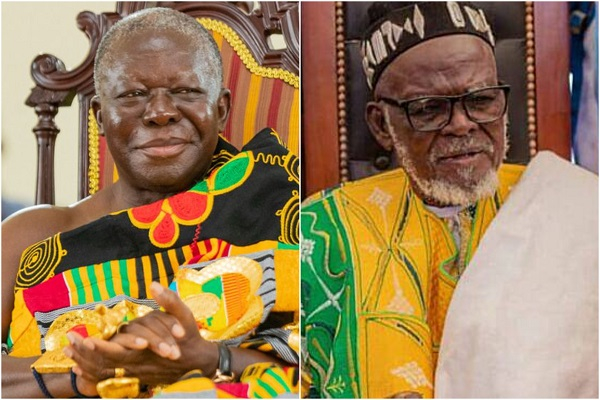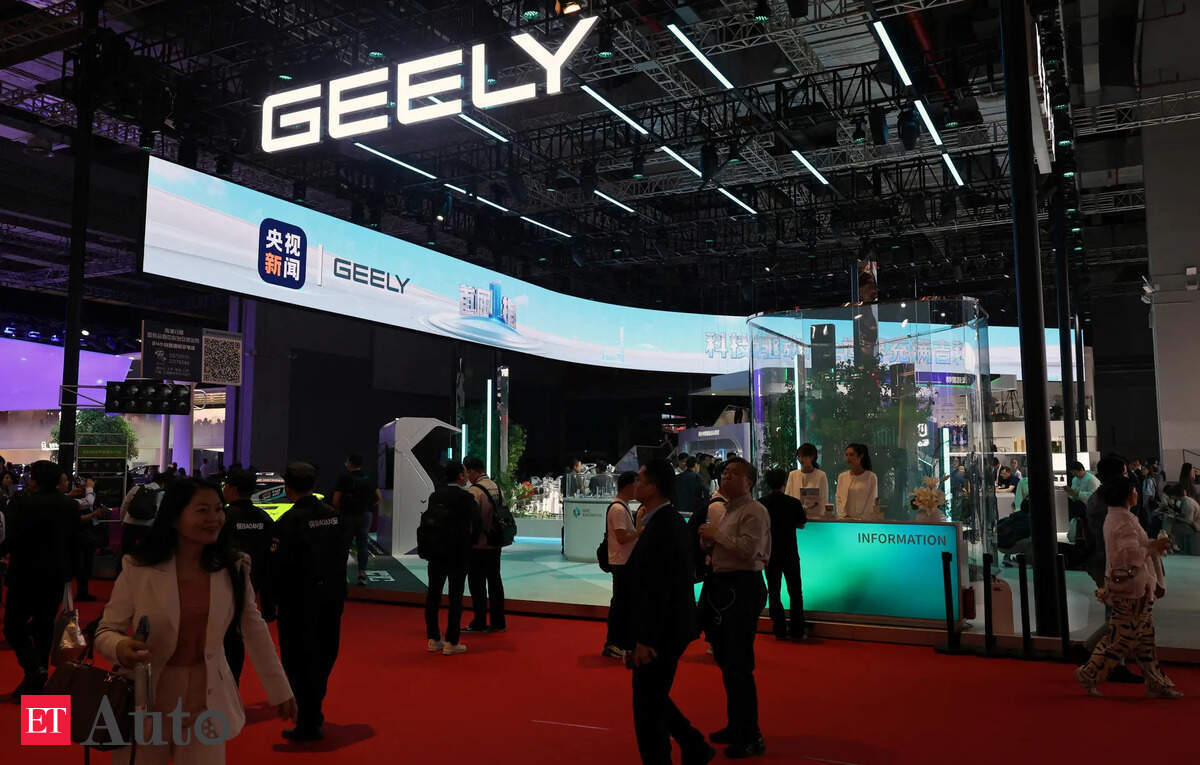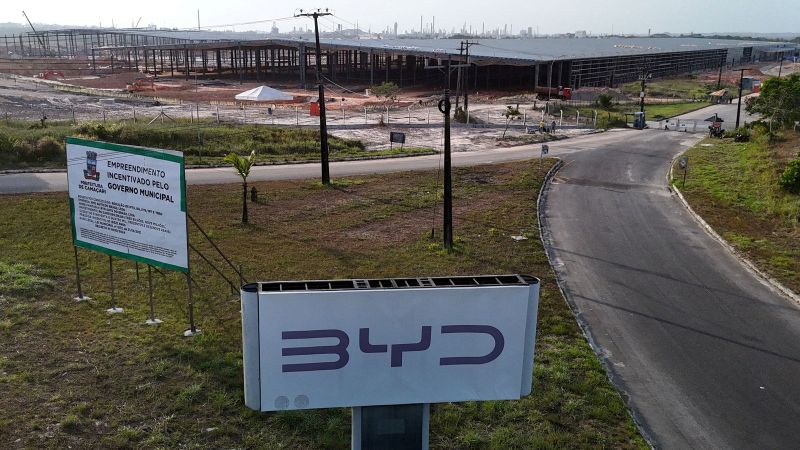Tesla Under Pressure from Growing Chinese EV Competition

Tesla Inc. is currently navigating significant headwinds in the crucial Chinese electric vehicle market, a situation that overshadows even the more publicized narratives surrounding its CEO, Elon Musk. Data indicates a concerning trend for the American EV giant: shipments from its Shanghai factory, which constitutes approximately 40% of its global capacity, fell by 15% in May compared to the previous year. This marks the eighth consecutive month of declining output from this key facility. Furthermore, Tesla's market share in China’s battery EV market has plummeted by more than half over the past four years, standing at around 10% through April of the current year, and dropping to 5.8% when plug-in hybrids and other new energy vehicles (NEVs) are included.
These declining sales figures directly translate into deteriorating economics for Tesla in China. Implied utilization of the Shanghai factory was at 76% in May, a significant drop from the previous year, and year-to-date utilization (excluding a retooling period in February for the refreshed Model Y) is running 10 percentage points lower than the same period in 2024. Compounding these issues, Tesla has resorted to offering incentives, such as zero-percent financing for the updated Model Y in China, a move not typically associated with strong demand. The combination of lower capacity utilization, leading to higher fixed costs per vehicle, and increased discounts, resulting in less net revenue, points to a continuation of the crushed profit margins observed in Tesla's recent quarterly results.
Unlike its sales challenges in other regions, which are sometimes linked to CEO Elon Musk's political stances, Tesla's slide in China is primarily a market-driven phenomenon. While Tesla's reputation within China remains high, where it's often viewed as an essential catalyst that revolutionized the quality and scale of the country's automotive sector, the dynamic has shifted. The term 'catalyst' might be inaccurate, as catalysts typically remain unchanged by the reactions they spark. Instead, Tesla appears to be a 'reactant,' as the domestic Chinese EV industry, spurred by Tesla's example, is now aggressively consuming its market share.
This competitive onslaught is led by formidable local players. Companies like BYD Co. Ltd., which commands about 27% of China’s NEV market, are now delivering vehicles that match or exceed Tesla in terms of design, range, and driver assistance features, often at more competitive price points. Another significant new entrant is Xiaomi Corp., the smartphone manufacturer, which is launching the YU7. This high-tech, fast-charging electric SUV, often compared aesthetically to high-end European sports cars, is effectively pictured as a Model Y-seeking missile.
This challenging competitive landscape is compounded by concerns that Tesla, under Elon Musk, has seemingly lost its ambition to develop new, affordable electric vehicles that can compete globally. The company's last genuinely new model, the Cybertruck, while certainly large, has been critically described as having an aesthetic appeal comparable only to the Trump tax bill—a bill Musk himself now openly derides as an “abomination.” Consequently, Tesla, despite its distinct position apart from legacy automakers in many respects, particularly in valuation, has, like them, seen its standing in China rapidly diminish.
With the end of the second quarter approaching and sales figures from both China and Europe suggesting another period of weak earnings, it is perhaps understandable that attention is being diverted by other narratives. Elon Musk, having previously disbanded Tesla’s public relations team and often criticized the media, has recently engaged in a media blitz and generated new political intrigue, including a publicized break with former President Donald Trump. Simultaneously, the imminent launch of Tesla’s self-driving cars, or robotaxis, in Austin is being heavily promoted. This robotaxi narrative now forms a crucial pillar supporting Tesla’s high earnings multiple, especially as optimism around Musk's potential influence in a new political administration wanes. However, this valuation seems increasingly disconnected from the challenging realities Tesla faces in the world's largest EV market, China.











